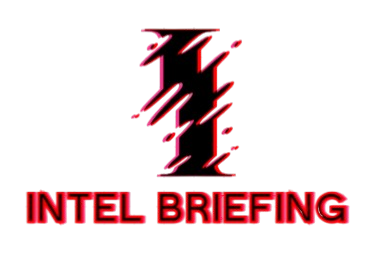HRMS, or Human Resources Management System, is a software solution designed to streamline and automate various HR processes within an organization. It serves as a centralized hub for managing employee data, payroll, recruitment, performance evaluations, and more. The hrms system empowers HR professionals to work more efficiently, allowing them to focus on strategic initiatives that drive business growth.
Enhancing Recruitment and Onboarding Processes
One of the primary functions of HRMS is to streamline the recruitment process. It assists HR teams in posting job openings, screening candidates, conducting interviews, and managing applicant data. By automating these tasks, hrms system reduces the time-to-hire, ensuring that your organization can secure top talent quickly.
Streamlining Employee Data Management
Efficiently managing employee data is crucial for HR departments. HRMS centralizes all employee information, making it easily accessible and secure. This streamlines administrative tasks, such as updating personal information, tracking attendance, and managing benefits, allowing HR professionals to focus on strategic HR activities.
Facilitating Performance Management
HRMS provides a structured framework for performance management. It enables the creation of performance goals, tracks progress, and automates performance reviews. This not only boosts employee productivity but also ensures that your workforce aligns with the company’s objectives.
Enabling Learning and Development
Investing in employee development is essential for business growth. HRMS allows organizations to create personalized learning and development plans for employees, ensuring that they acquire the skills needed to contribute effectively to the company’s success.
Ensuring Compliance and Reporting
Compliance with labor laws and regulations is a critical aspect of HR. HRMS ensures that your organization stays compliant by automating compliance-related tasks, such as tracking labor hours, managing leave requests, and generating compliance reports.

Boosting Employee Engagement
Engaged employees are more productive and committed to their work. HRMS includes features like employee surveys, feedback mechanisms, and recognition programs, fostering a positive work environment that drives business growth.
Supporting Remote Workforce
The COVID-19 pandemic has accelerated the shift towards remote work. HRMS enables organizations to manage remote employees effectively by providing tools for virtual onboarding, performance tracking, and communication.
Enhancing Decision-Making with Analytics
Data-driven decision-making is crucial in today’s business landscape. HRMS collects and analyzes HR data, providing valuable insights that help organizations make informed decisions regarding workforce planning, talent acquisition, and employee retention.
Integration with Other Systems
To ensure seamless operations, HRMS can integrate with other business systems, such as payroll, finance, and project management software. This integration streamlines data sharing and improves overall efficiency.
Scalability and Flexibility
As your business grows, so does your workforce. HRMS is scalable, allowing you to add new users and functionalities as needed. This scalability ensures that your HR processes can adapt to changing organizational needs.
Cost-Efficiency and ROI
Investing in HRMS may require an initial investment, but the long-term cost savings and return on investment are significant. HRMS reduces administrative overhead, minimizes errors, and maximizes HR efficiency.
Data Security and Privacy
Protecting employee data is paramount. HRMS employs robust security measures to safeguard sensitive information, ensuring compliance with data protection regulations like GDPR and HIPAA.
Customization and User Experience
HRMS systems are highly customizable, allowing organizations to tailor them to their unique needs. A user-friendly interface ensures that employees and HR professionals can navigate the system effortlessly.

